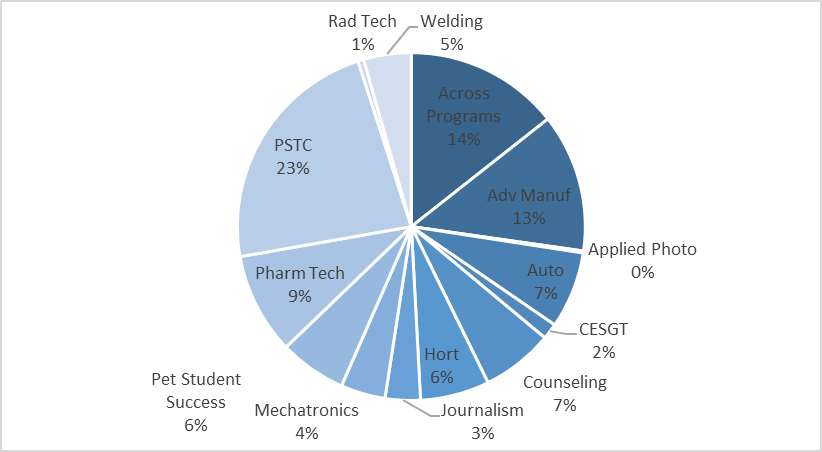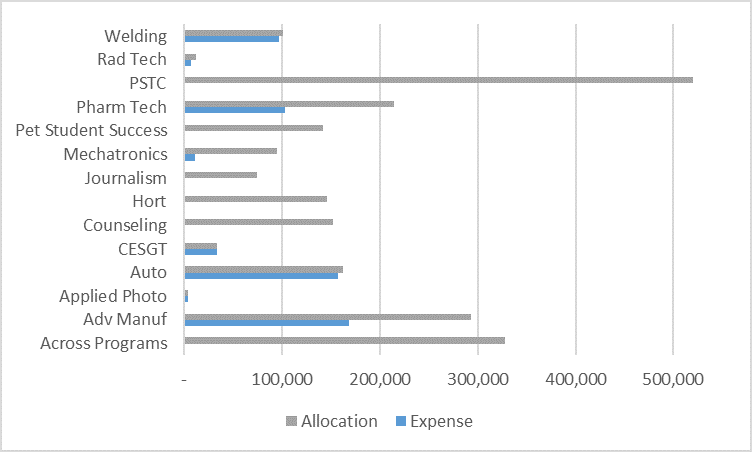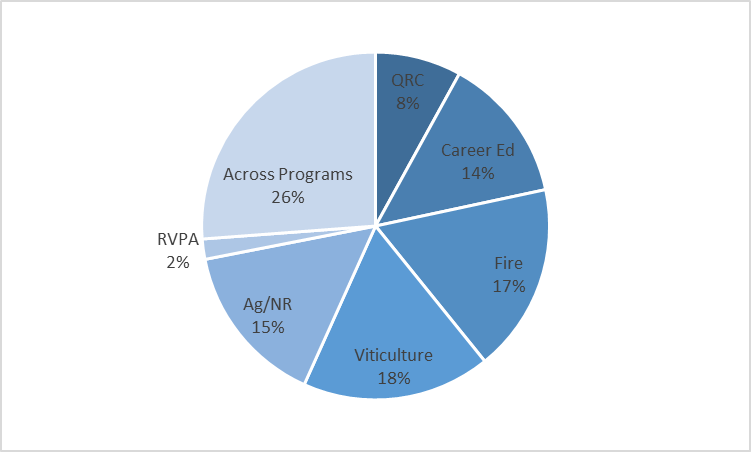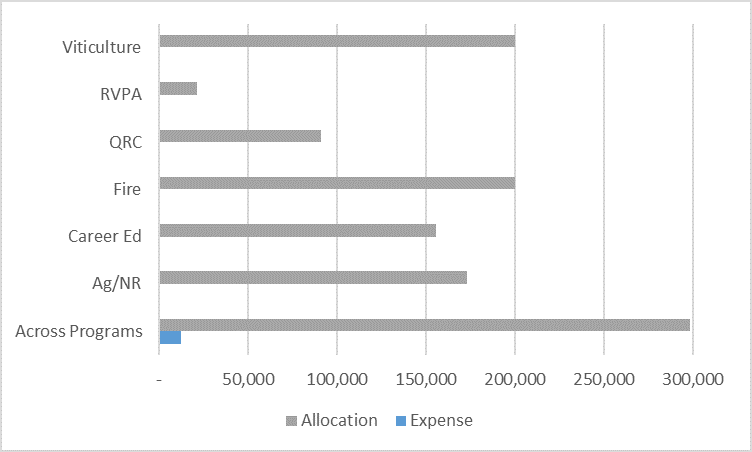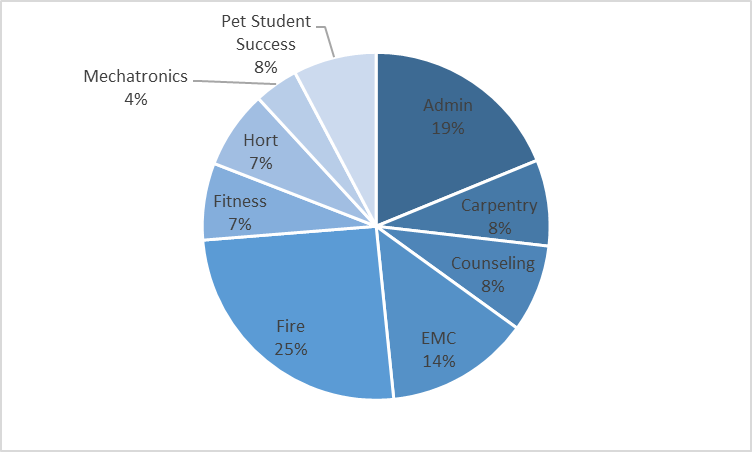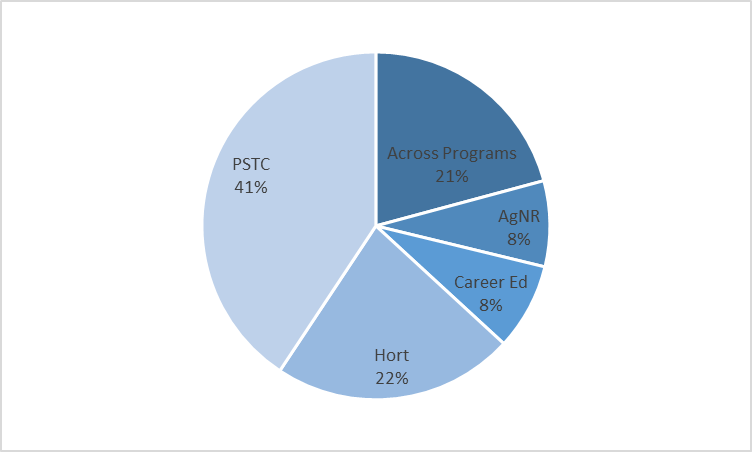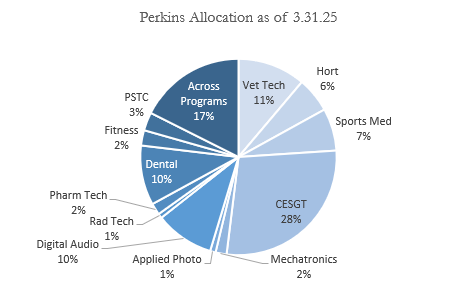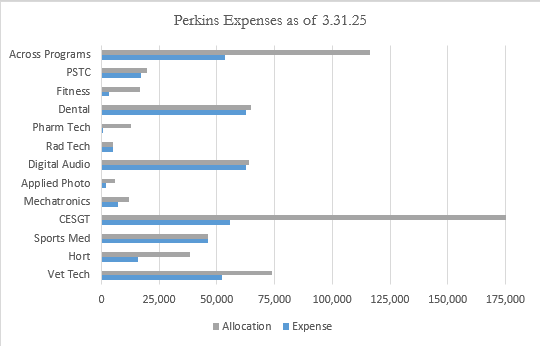
GRANTS
STRONG WORKFORCE PROGRAM
More and Better Career Technical Education to Increase Social Mobility and Fuel Regional Economies with Skilled Workers
In 2016, at the recommendation of the California Community College Board of Governors, the Governor and Legislature approved the Strong Workforce Program, adding a new annual recurring investment of $248 million to spur Career Education (CE) in the nation’s largest workforce development system of 116 colleges.
This state economic development program is driven by “more and better” CE. The “more” is increasing the number of students enrolled in programs leading to high-demand, high-wage jobs. The “better” is improving program quality, as evidenced by more students completing or transferring programs, getting employed or improving their earnings.
The Strong Workforce Program focuses on data-driven outcomes rather than activities, along with an emphasis on innovation and risk-taking. In this way, colleges can be more responsive to labor market conditions and student outcomes.
This ongoing Strong Workforce Program funding is structured as a 60% "Local" share allocation for each community college district and a 40% "Regional" share determined by a regional consortia of colleges to focus on the state’s seven macro-economic regions.
SWP Round 8 Funding Data (July 2023 - June 2025)
SWP Round 9 Funding Data (July 2024 - June 2026)
PERKINS
The Career Education and Workforce Development Department manages the SRJC annual Perkins funds – the leading national funding available for career and technical education programs with the express goal of providing individuals with the academic and technical knowledge and skills they need to prepare for careers in current or emerging employment sectors.
The California Community Colleges Chancellor's Office provides extensive information in the form of data, reports, allocations and more for the public to access via their Perkins page.
Perkins Quarterly Reporting | Funding Data
PROFESSIONAL DEVELOPMENT MINI-GRANT
SRJC Career Education and Workforce Development is a catalyst for collaboration and communication. It initiates, facilitates, and supports cooperative projects involving SRJC faculty, industry advisory committees, and Sonoma County businesses.
Professional development goals of SRJC Career Education (CE) encourage faculty to:
• Work closely with industry partners to ensure that programs are responsive to labor market demands
• Improve support for and access by special populations
• Embed soft skills (employability skills) in instruction
• Improve instruction, program and curriculum
This can be accomplished in a number of ways:
• Visits to industry
• Externships with industry
• Attend seminars, conferences and association meetings about the discipline, job market, workforce training, or regional economic trends
• Visit and communicate with neighboring community colleges in the region
Professional development mini grants are available in 2025-26 for these activities, that benefit the objectives of the program (department). Interested faculty and staff may apply for a grant by submitting the application. The following guidelines apply:
• Application and subsequent approvals (if applicable) must be completed at least two weeks prior to activity
• Requests for out-of-state travel must be received six weeks in advance of activity
• Applicant ensures that activity is focused on improving student success and addresses recommendations of the Strong Workforce Task Force
• Advisory Committee meetings: if the program did not have at least one meeting with quorum in the last academic year (2024-25), program faculty and staff are not eligible to receive mini grant funds
• Depending on availability of funds, a maximum of $2,000 is available per person, per academic year
- Individuals may receive more than one mini grant as long as the academic year total does not exceed $2,000
- As the end of the academic year approaches, the $2,000 max may be exceeded based on available funds and CE office approval
• Within two weeks of completing the activity, each grant recipient must submit a Mini Grant Report. The Report template will be sent upon approval of the application
We accept applications on an on-going basis as long as funds are available
Submit application materials electronically, with supervisor’s statement of application support and verification that the training is related to Career Education teaching assignments, to Rachel Smith rsmith@santarosa.edu
